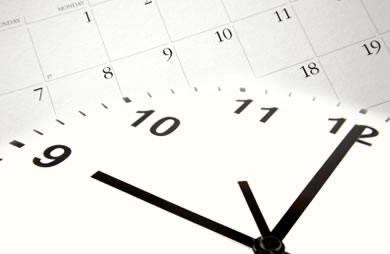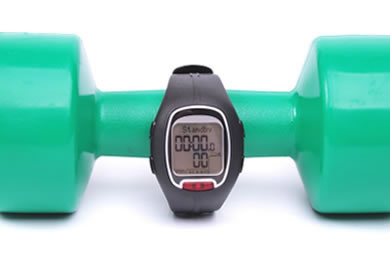|
This past weekend most of us throughout the United States, with the exception of Hawaii and Arizona, had the pleasure of gaining that extra hour of sleep as we bid farewell to daylight savings time. In 2007 Congress shifted the beginning of daylight savings time from the first Sunday in April to the second Sunday in March. They also extended the end to daylight savings time from the last Sunday in October to first Sunday in November. And while many of us have grown to appreciate the added hour for what it is worth, we do know that eventually we will be trading it in for one less hour of sleep or activity come March. The time change is bittersweet for me in that I am able to go out earlier for my run--no longer having to wait until 8 a.m.to pound the pavement. Because I do most of my runs solo, I do not like to run in the dark which required me to either do my runs mid morning or early evening. On the flip side, I despise sitting down to dinner at 6 pm with moonbeams peering in my kitchen window. And I don't know about you, but I also find myself wanting to hit the sack earlier than usual. But there may be a health advantage to turning back our clocks. According to a Swedish study, published in the October 30th 2008 edition of the New England Journal of Medicine heart attack rates dropped on the Monday following the time change which may be attributed to the extra hour of sleep. However, this scenario changes when we spring forward as heart attack rates are shown to rise as much as 5% during the first three days after we transition back to daylight savings time. One interesting fact I read in the study showed that when changing from standard time to daylight savings time, "the incidence of acute myocardial infarction was somewhat more pronounced in women than in men, and the autumn effect was more pronounced in men than in women." The study only reinforces the importance of keeping to a sleep routine, especially for women when making the transition from standard time to daylight savings time. Do you have difficulty adjusting to the time change? How long does it take for you to adjust to the changes? Would you prefer keeping to a standard time throughout the year? |
Popular EntriesMore From SparkPeople
|







-/8a17fd49-134d-408a-a1e4-668c1200a01b.jpg)







